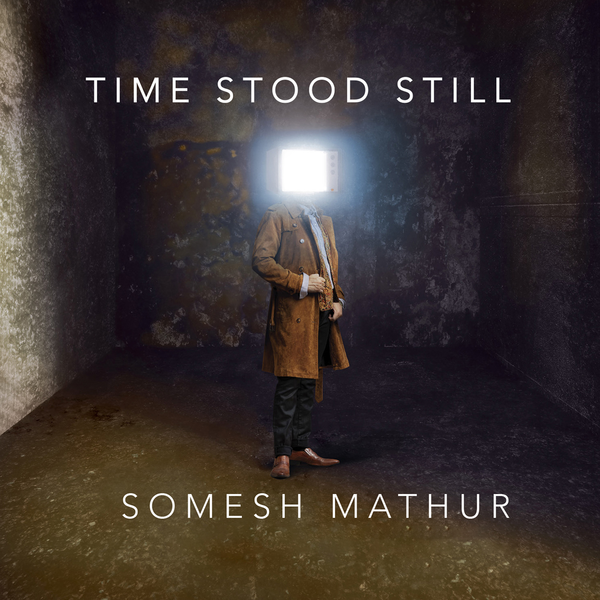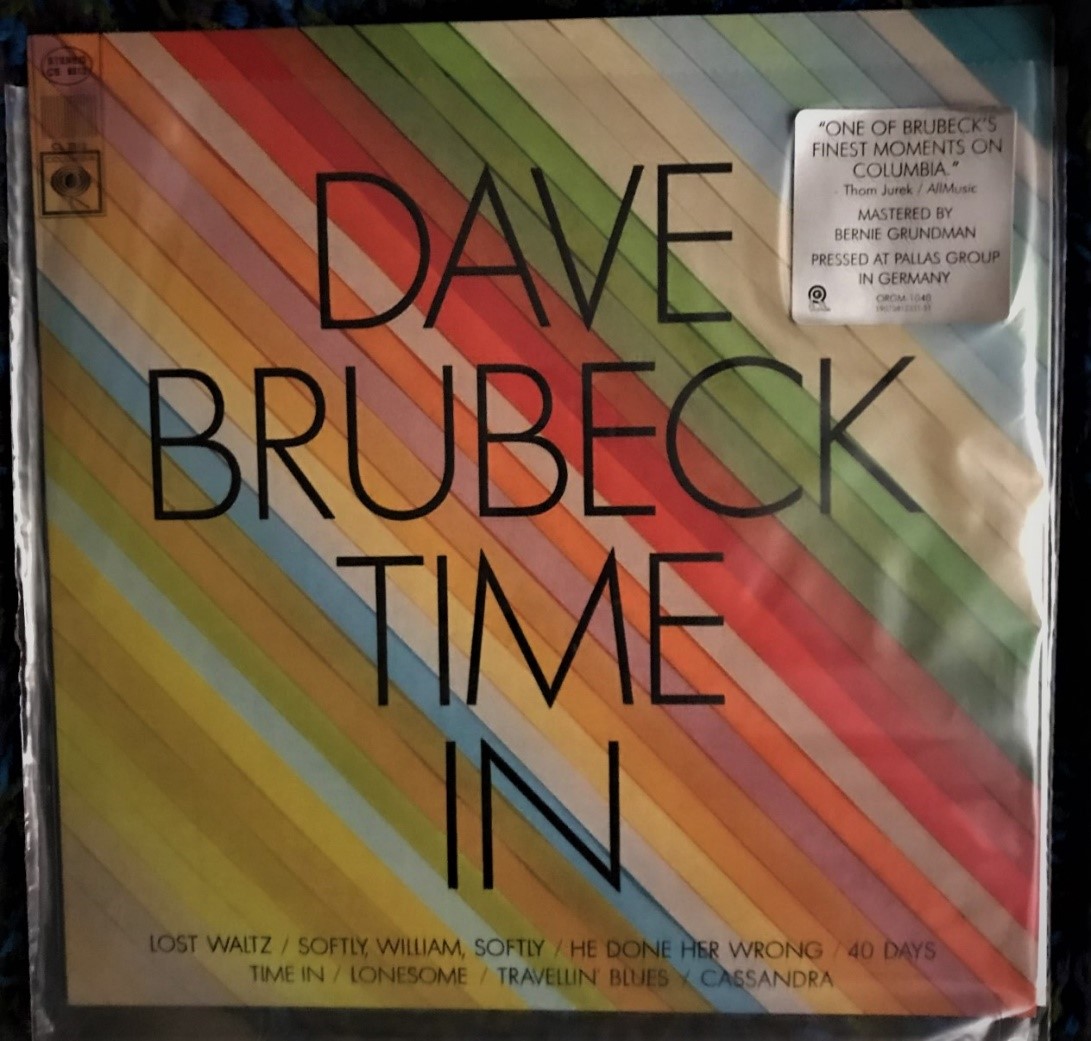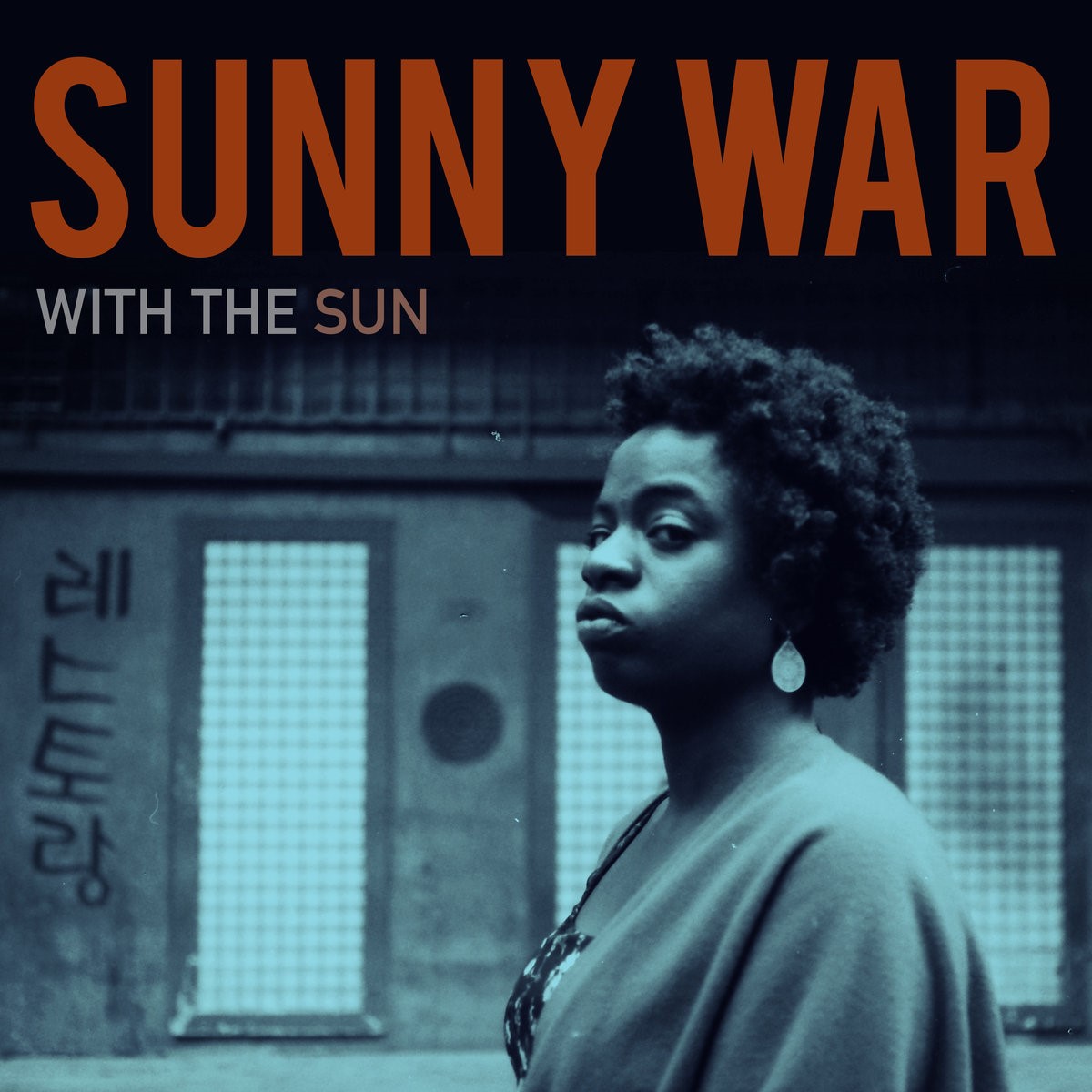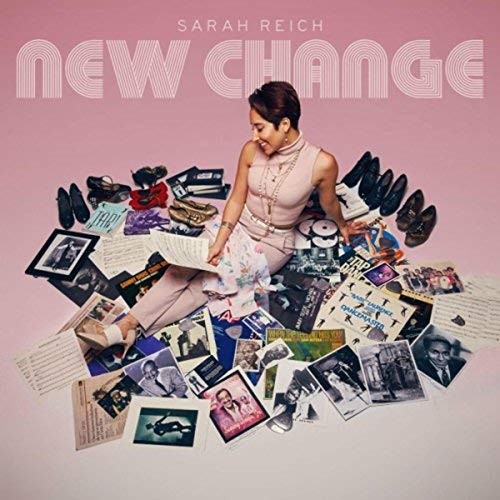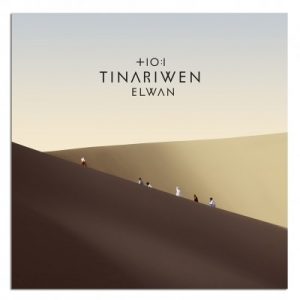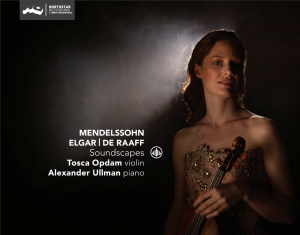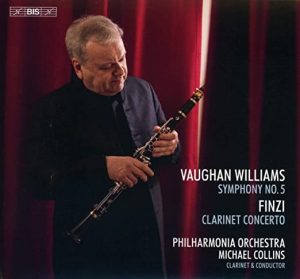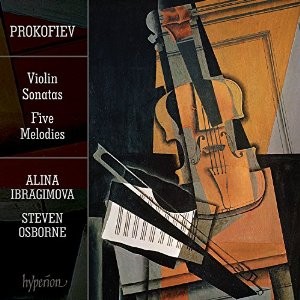Same Room Records SSR030, double LP $25, double CD $20, download $15—robertsarazinblake.bandcamp.com
Recitative is one of those albums you release after you've had your big breakthrough, after you've hit it big and now sales are guaranteed because everyone's watching to see what you'll do next. This is the album where you get the big budget, a top producer and lots of guest stars. Heck, you can even make it a double album if you want because you know it will sell anyway despite the jacked-up price of admission. You have enough clout to get the suits at the record label to do what you want. The result, if all your ducks are in a row, is a massive, epic and ambitious album where you get to spread your wings and show everyone your talent and your range.
Maybe I've been busy over the last couple of years and didn't notice, but did Robert Sarazin Blake finally make it big? It would be an absolute good if he did, one of those perfect world scenarios, but I have this feeling this is still the same bearded and gruff guy who drifts from town to town playing in seedy bars and smoke-filled nightclubs near small universities. He's still sleeping on people's couches, right? Right?
He was still crashing on couches four years ago when I reviewed his last album, Put It All Down in a Letter. In his epic song "I Didn't Call You from Philadelphia," Robert spends 17 minutes explaining why he didn't call a loved one, serving up one eloquent yet lame excuse after another until he finally admits that he sleeps on a lot of couches and when he wakes up he doesn't always feel that great and that's why he didn't call from Philly. That's the image he's been projecting during his twenty-years-plus career, a beatnik troubadour picking up the dust-covered mantle from old hobos like Utah Phillips or even Woody Guthrie himself and finding gigs, hopefully paying ones, wherever he can. His dry and slightly forced Phil Ochs vibrato is an acquired taste, and he might not be your thing—especially if you like to make snap judgments and move on quickly. But I'm not much of a folkie and I think he's simply incredible.
If you think that's just standard praise from a music reviewer, let me tell you one quick story about Robert. He once sent me a thank you note in the mail for reviewing one of his albums. The note was typed on an old manual typewriter and signed in ball-point pen. There was nothing in that envelope that felt kitschy or staged. I bet he even had to borrow the typewriter.
It made quite an impression.
I've known about Recitative for what seems like a couple of years. Robert emailed me quite a while ago and said he was working on a new album with his usual band (drummer Lee Falco, guitarist Connor Kennedy, bassist Brandon Morrison and pianist Will Bryant) and that he wanted to make sure I was still at the same address. (I wasn't, of course.) He never hinted at how ambitious the new project would become—this was, after all, the guy who had just gone "back to the basics" on his previous and eponymous album back in 2013. That was just him, his 1978 Martin D-35 and some very sparse yet precise accompaniment from his bandmates. But if that was his Nebraska, this new album is Robert Sarazin Blake's The River. It's big and it's colorful and it's exciting.
The Springsteen comparison is intentional, at least from my impressions after listening to all four sides of Recitative at least a couple of times. Robert describes these recording sessions as discovering "the Hudson Valley Sound" and traversing the same roads traveled by Dylan and The Band, John Sebastian, Paul Butterfield and others. It's where "drums, organ, horns and guitars all put the swirl around the rhymes." But perhaps it's the big, expanded band of old and new personnel—replete with a big and meaty saxophone courtesy of Thomas Deakin—that reminds me of Bruce and his cohorts down in New Jersey. It might be that loose, fun feeling of musicians on a stage having a glorious time performing together. Add a couple of heaping tablespoons of social consciousness and, of course, a flair for the dramatic, and you'll start to believe that Robert listened to The River over and over while playing Hudson Valley clubs until he connected with this found object of sound.
When it comes to vocal delivery, however, the two men couldn't be more different. The album's title, for example, refers to recitativo, a singing style in Italian opera where the libretto is delivered with the same cadences of everyday speech. Robert has been doing this for most of his career, talking to his audiences and relying more upon his beat poet storytelling gifts than his pure singing skills, which of course is how he has honed his unique vocals over the years. His focus has always been of the quotidian, if not quite the picaresque, delivered in a plaintive style that doesn't overemphasize the miles he has traveled. The first time I heard his voice I thought "Oh, this is different. This is dry. This is sardonic. I get it, sort of." Now I hear his voice and find comfort in its familiarity as well as its ability to make me laugh.
If you're looking for a laugh, by the way, you'll certainly find it on Recitative. I'm not talking about the easy, casual laughs from broad concepts but the ones that result when tangents turn into non sequiturs and then morph into the knowingly absurd. It's gloriously deadpan all the way. A riff on gerrymandering and other political topics during "Keeping Track" turns into Cosmo Kramer-esque calls of "Jerry? Jerry? Jerry?" In "Couples," a mid-tempo song about the nature of partnerships shifts manically into ska when Robert says/sings "Couples, they switch it up!" Even a wild, E-Street anthem titled "Rock & Roll Dream" begins with the humbleness of a Bob Marley poster in a bedroom—and how that iconic spliff was more than just a muse. It stays humble as well, with tales of bass players who might quit after the show and audience members who get ejected—not by bouncers, but by the musicians themselves.
Robert will pull the rug out from under your feet, too. When he does summon up arena-rock energy for "19 Shots," a meditation on gun violence that starts off with a deceptively light and catchy rhythm, it's to deliver such scathing lines as "If you paid a gunman who put some sack on someone's head/and the torture goes too far and someone winds up dead/and you refuse to take any blame/you're heartless, blind or insane." "Work" starts off with Robert uttering familiar sayings that include the word "work" until an IWW feeling creeps in and a feverish climax will make you wonder if you've wandered into the middle of a Peter Greenaway film. As he goes through his career, I suspect he'll never give up mating those subversive and confrontational strategies to exuberant song structures—that particular Woody Guthrie bag of tricks is far too powerful to discard willy-nilly.
Ultimately the Springsteen and Guthrie comparisons are meaningless, since Robert Sarazin Blake has always been a true American original. (I do think if you like Springsteen albums such as Nebraska and The Ghost of Tom Joad, you will at least have a point of reference.) He sounds like nobody else, and that's a joyous thing. But when you listen to the masterful way he navigates through these sixteen songs you'll wonder who he is and why you haven't heard about him until now.
Now's your chance to make him famous. And let's cross our fingers that the next album isn't Born in the USA, ‘cause that's when Bruce lost me.





